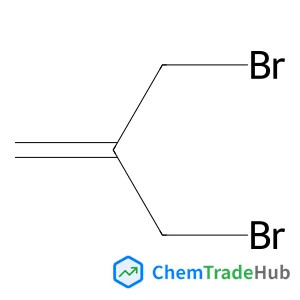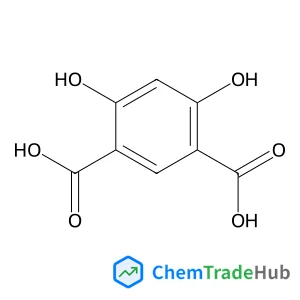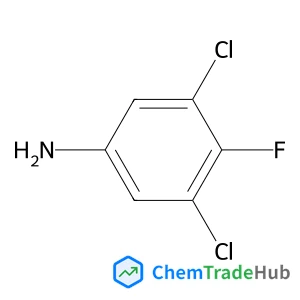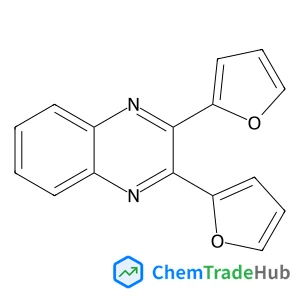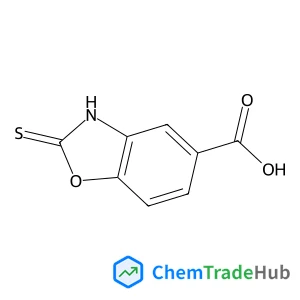In silico and in vitro analysis of FAK/MMP signaling axis inhibition by VO-clioquinol in 2D and 3D human osteosarcoma cancer cells
Literature Information
Lucia M. Balsa, Patricia Quispe, Enrique J. Baran, Martin J. Lavecchia, Ignacio E. León
The study of novel mechanisms of action of vanadium compounds is critical to elucidating the role and importance of these kinds of compounds as antitumor and antimetastatic agents. This work deals with in silico and in vitro studies of one clioquinol oxidovanadium(IV) complex [VO(clioquinol)2], VO(CQ)2, and its regulation of FAK. In particular, we focus on elucidating the relationship of the FAK inhibition, MMP activity and antimetastatic effects of the complex in human bone cancer cells.
Related Literature
IF 6.367
A robust multifunctional ligand-controlled palladium-catalyzed carbonylation reaction in waterIF 6.222
Heterogeneous toroidal spiral particles for islet encapsulationIF 6.843
Biomaterials Science Emerging Investigators 2021IF 6.843
Milk exosomes with enhanced mucus penetrability for oral delivery of siRNAIF 6.843
Electrocatalytic cleavage of lignin model dimers using ruthenium supported on activated carbon clothIF 6.367
Metal–organic frameworks: preparation and applications in highly efficient heterogeneous photocatalysisIF 6.367
Electrospun hydrogels for dynamic culture systems: advantages, progress, and opportunitiesIF 6.843
Palladium-catalyzed silaborative carbocyclizations of 1,6-diynesIF 6.222
Synthesis of aviation fuel from bio-derived isophoroneIF 6.367
Source Journal
Metallomics

Metallomics publishes cutting-edge investigations aimed at elucidating the identification, distribution, dynamics, role and impact of metals and metalloids in biological systems. Studies that address the “what, where, when, how and why” of these inorganic elements in cells, tissues, organisms, and various environmental niches are welcome, especially those employing multidisciplinary approaches drawn from the analytical, bioinorganic, medicinal, environmental, biophysical, cell biology, plant biology and chemical biology communities. We are particularly interested in articles that enhance our chemical and/or physical understanding of the molecular mechanisms of metal-dependent life processes, and those that probe the common space between metallomics and other ‘omics approaches to uncover new insights into biological processes. Metallomics seeks to position itself at the forefront of those advances in analytical chemistry destined to clarify the enormous complexity of biological systems. As such, we particularly welcome those papers that outline cutting-edge analytical technologies, e.g., in the development and application of powerful new imaging, spectroscopic and mass spectrometric modalities. Work that describes new insights into metal speciation, trafficking and dynamics in complex systems or as a function of microenvironment are also strongly encouraged. Studies that examine the interconnectivity of metal-dependent processes with systems level responses relevant to organismal health or disease are also strongly encouraged, for example those that probe the effect of chemical exposure on metal homeostasis or the impact of metal-based drugs on cellular processes.
Recommended Compounds
Recommended Suppliers
 Changzhou Kewei Fine Chemical Co., Ltd.
Changzhou Kewei Fine Chemical Co., Ltd. Dongguan Hui Xin Innovative Material Technology Co., Ltd.
Dongguan Hui Xin Innovative Material Technology Co., Ltd. Werksitz GmbH
Werksitz GmbH Galvano Wullimann AG
Galvano Wullimann AG Dr. Reinschmidt Gefahrgutberatung
Dr. Reinschmidt Gefahrgutberatung ARTES Valve & Service GmbH
ARTES Valve & Service GmbH tesa Werk Offenburg GmbH
tesa Werk Offenburg GmbH Jiangsu Ruijia Electro-Mechanical Equipment Manufacturing Co., Ltd.
Jiangsu Ruijia Electro-Mechanical Equipment Manufacturing Co., Ltd. Elemental Scientific Inc.
Elemental Scientific Inc. Youniu. com
Youniu. com










